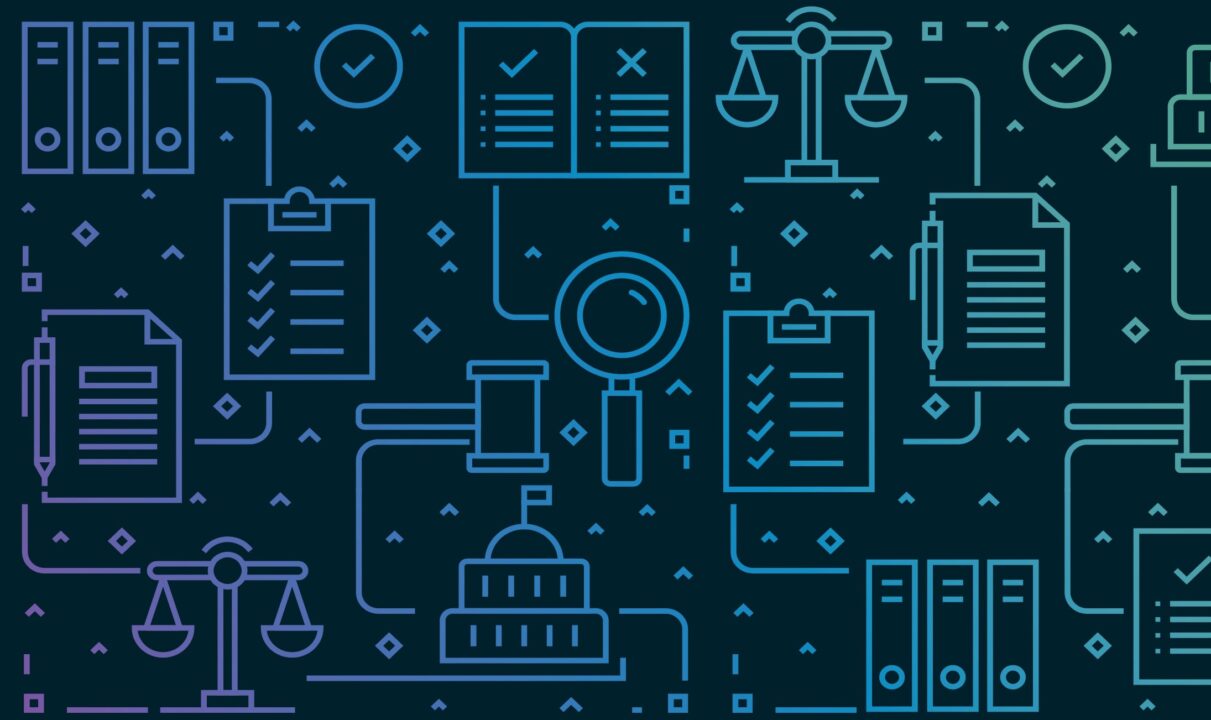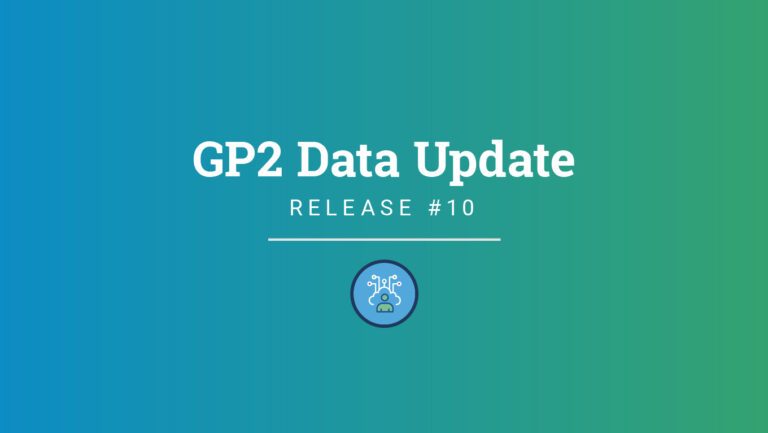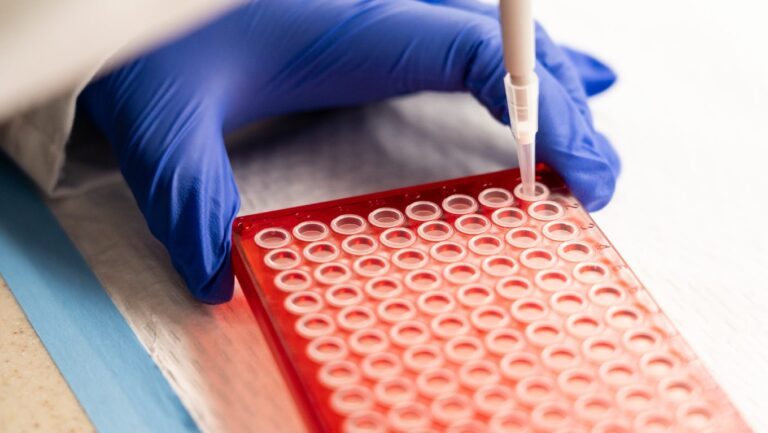In broad terms, compliance means conforming to the laws and regulations which govern research with human subjects. Most of these rules and regulations are based on ethical principles. Additional regulations regarding privacy and data protection have been set out by government organizations. As researchers, we must do our best to perform meaningful research, minimize risk for our study participants, and ensure that our study participants understand and consent to the research.
What is informed consent?
Informed consent is the process by which we ensure that patients and potential research participants understand and agree to research activities. Through this process, we detail everything we will ask the participant to do during the study. We also explain what we will do with the data and samples generated during the study. Study participants have a right to know what we will do with their information and samples, even after they are no longer actively taking part in the research.
What laws govern research data?
Laws governing how research data can be stored and shared vary throughout the world:
- In the United States, research data is covered by the Health Insurance Portability and Accountability Act of 1996 (HIPAA).
- South Africa passed the Protection of Personal Information Act (POPIA) in 2013.
- In 2018, the European Union implemented the General Data Protection Regulations (GDPR), which covers both data privacy within the EU, as well as the transfer of data outside the EU.
- Brazil passed similar regulations that year, known as Lei Geral de Proteção de Dados Pessoais (LGPD).
These are just a few examples; researchers must take the data privacy laws of their own country into account during the planning stages of any study.
How does compliance work in GP2?
Before any data is integrated into GP2, the Operations and Compliance Working Group reviews the information that was provided to the research participant. We look for several key elements to ensure that participants have consented to (1) data and/or sample sharing with the international research community, including non-academic entities and (2) long term storage of their data, beyond the termination of the research study. For prospective studies, the Operations and Compliance Working Group can assist in the development of the consent form to ensure that data and samples can be integrated into GP2.
Because GP2 is an international collaboration, we are including research data that falls under a variety of governances. We rely on collaborating researchers and their institutions to guarantee that their collaboration in GP2 follows local and regional regulations.
If you are interested in collaborating with GP2 and have questions about compliance, or need help developing a consent document that will allow you to submit your research data to GP2, we encourage you to refer to the resources developed by the Operations and Compliance Working Group. Please also feel free to reach out to us directly through email at [email protected].





